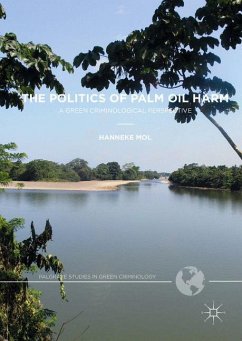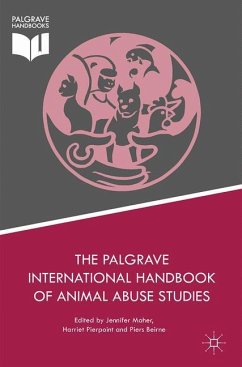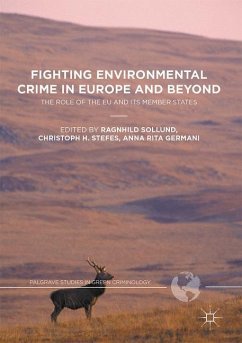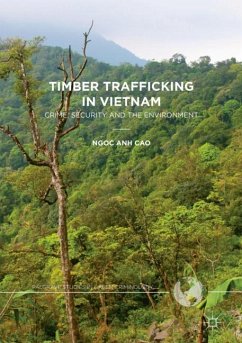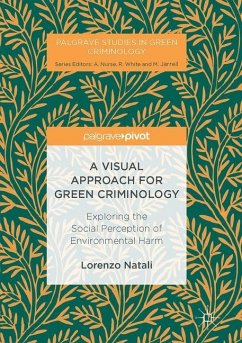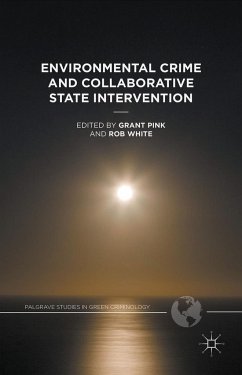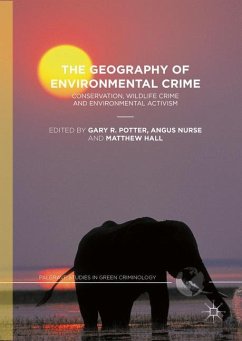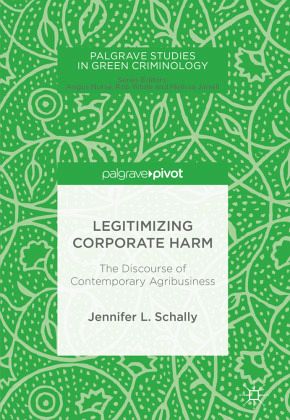
Legitimizing Corporate Harm
The Discourse of Contemporary Agribusiness
Versandkostenfrei!
Versandfertig in 6-10 Tagen
38,99 €
inkl. MwSt.
Weitere Ausgaben:

PAYBACK Punkte
19 °P sammeln!
This book utilizes critical discourse analysis to illuminate the ways in which one of the largest agribusinesses in operation, Tyson Foods, disguises their actions whilst simultaneously presenting the image of a benign, good corporate citizen. Schally unveils how the discourses employed by Tyson gain legitimacy by drawing on and aligning with larger cultural discourses that are often taken for granted and not adequately scrutinised. This original research, situated at the intersection of green and cultural criminologies, contributes to these current perspectives as well as to the burgeoning so...
This book utilizes critical discourse analysis to illuminate the ways in which one of the largest agribusinesses in operation, Tyson Foods, disguises their actions whilst simultaneously presenting the image of a benign, good corporate citizen. Schally unveils how the discourses employed by Tyson gain legitimacy by drawing on and aligning with larger cultural discourses that are often taken for granted and not adequately scrutinised. This original research, situated at the intersection of green and cultural criminologies, contributes to these current perspectives as well as to the burgeoning social harm approach within criminology.
A bold and engaging study, this book will be indispensable for students and scholars of green criminology, corporate crime, animals and society, and environmental sociology, as well as environmental and animal rights activists.
A bold and engaging study, this book will be indispensable for students and scholars of green criminology, corporate crime, animals and society, and environmental sociology, as well as environmental and animal rights activists.



